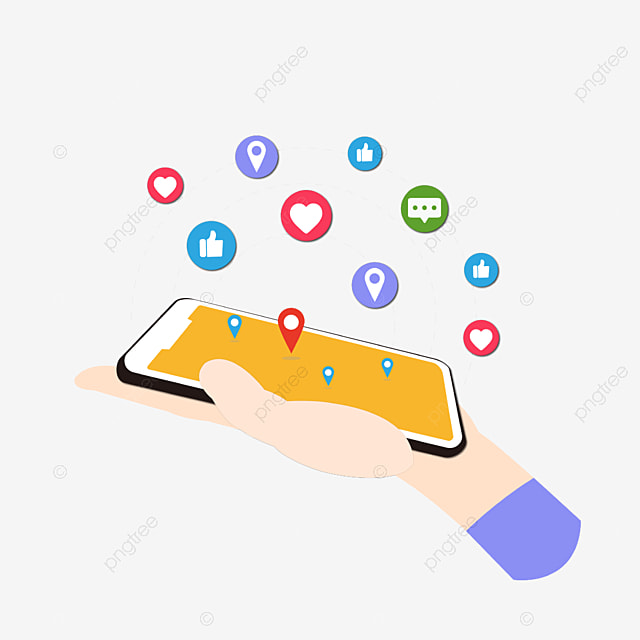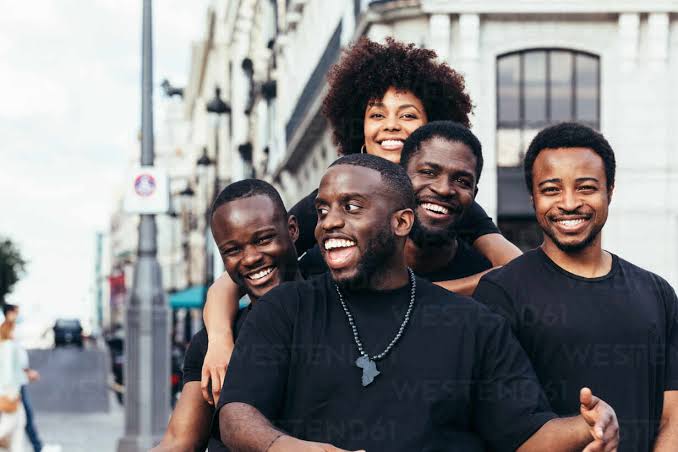Have We Become Too Comfortable on the Internet?

There was a time when the internet felt like a digital marketplace, a place to simply buy, sell, and maybe send a few emails. Today, it’s a living room, a stage, and a confession platform all at once. We share our feelings, post our meals, record our workouts, and announce our milestones. In many ways, the internet has blurred the line between the public and the personal, between what experiences and performance.
And lately, it feels as though we’ve crossed into a new phase, one where oversharing is not just common, it’s expected.
We have become comfortable with the idea that our lives are open books for public consumption. The question is, when did sharing become survival?
When Privacy Became Performance
The digital age has made visibility the new currency. The more people watch, the more real one seems. And so privacy, which was once a natural boundary is now a luxury very few can afford. People record their vulnerability, trimming it into clips and captions, and polishing it just enough that it still feels raw. This constant exposure has shifted how we define authenticity. We often equate openness with honesty, forgetting that the two aren’t the same. Someone can be private and still be genuine and another can be public yet completely performative. But in this day and age, governed by algorithms, the latter often wins, turning simple living into a public show. And while we celebrate the accessibility of human stories, we sometimes forget the emotional cost: the exhaustion of constant self-presentation.
Everything Is Now Content
Nowadays, we often hear the phrase “everything is content”. This indicates that almost every aspects of life, from personal experiences to private moments to public events, are now seen as material for creating and sharing on digital platforms. Somewhere along the way, we have begun to experience life through the lens of its shareability.
This shift has its rewards, as it has made creativity more accessible, and gave voice to millions who were once unseen. However, it also birthed a subtle anxiety; the fear that if you’re not posting, you’re not living. The irony is, in our constant attempts to be seen, many people are becoming more and more detached from their true selves. Because the internet rewards visibility and not vulnerability, everything is now performative, even when one is honest.

The Cost of Constant Exposure
Oversharing may seem harmless, but it carries quiet dangers. Every post adds to a permanent trail, one that literally anyone can trace. Digital footprints last longer than feelings, and what feels authentic today can become regrettable tomorrow.
Beyond security, there’s also the psychological toll. Studies now link heavy online exposure with increased anxiety, self-comparison, and burnout. We’re constantly measuring our private happiness against others’ public highlight reels. The pressure to curate our lives too becomes exhausting. Even those who share the most intimate parts of themselves often find that the validation fades faster than the vulnerability remains. The applause comes quickly, but so does the silence, and in that quiet, many begin to wonder if they’re being seen or simply watched. There's now a thin margin between expression and exposure, and many of us cross it daily, often without realizing it. We post to connect, to belong, to be known. But, sometimes, what starts as that can eventually become the cords that restrict us. Nowadays, strangers can feel entitled to your story, boundaries are questioned and personal grief becomes public property. “Tell us everything,” the crowd demands, “but don’t make us uncomfortable”, they argue. There’s an unspoken expectation to be endlessly open, available and interesting.
And so, in the pressure to stay relevant, people often trade peace for their presence online. They become movie characters in their own lives, narrating instead of living, documenting instead of experiencing. It’s easy to forget that silence also has value and some moments lose their meaning once they’re shared.
Chasing Connection, Losing Self
Social media promises a community, yet it often rewards competition. The metrics subtly shape how people express themselves. And, over time, posts stop reflecting who we are and start reflecting what the algorithm prefers. Now, the modern instinct is to reach for a phone even before reaching for thought, to record before reflecting. There’s little room for imperfection when every moment can be replayed, dissected, or misinterpreted.
This performance culture doesn’t only affect individuals, it’s reshaping relationships. Friendship comparisons, couple disparities, inauthentic family moments, all of these are now the order of the day, projecting things displayed more than practiced. The danger here isn’t just burnout, it’s erosion of self, of sincerity, of the small quiet parts that make us human. And yet, the problem isn’t the internet itself, it’s the imbalance. At the end of the day, the internet doesn’t demand all of us. We choose to give it. And what we give becomes the currency of attention.
When the Heart Went Offline
There’s a quiet nostalgia that lingers when thinking of relationships, both familial, platonic and romantic, before the digital age. Then, affection wasn’t measured in likes but in presence, in showing up, not just checking in. The old ways weren’t perfect, but they were patient. They made room for anticipation, reflection, and real conversation. Now, we’ve gained speed, but perhaps lost depth. Friendships now exist half-online, half-in-reality, the illusion of closeness hiding the decline of true connection. People know each other’s updates, but not their hearts and burdens. The challenge of our time isn’t to escape the internet, but to reclaim our humanity within it, to live, but not for the timeline. The internet can still connect and inspire, if used with intention.
Living Beyond the Screen
The balance doesn’t come from abandoning the internet but from redefining how it serves us. It’s about choosing moments that matter and leaving the rest unposted. It’s about protecting the sacredness of silence, the beauty of mystery, the freedom of privacy. We often talk about “digital detox” as though it’s an act of escape, but maybe it’s an act of returning to slowness, self and sincerity. The world doesn’t need to see everything to believe you’re living. Some of the most meaningful parts of life happen off-screen, in laughter that isn’t recorded, in prayers that aren’t posted, in tears that dry without witnesses.

Living with Presence, Not Performance
At the heart of it all is a simple truth: what makes life meaningful isn’t how much of it is shared, but how deeply it’s lived. The digital age has given us endless ways to be visible, but true living requires more than visibility. It requires depth, intention, and quiet courage. The challenge isn’t to vanish from the internet, but to appear in it differently, to live in the present, not performatively. Because, in the end, what will remain are not the stories told online, but the moments truly lived.
You may also like...
Bundesliga's New Nigerian Star Shines: Ogundu's Explosive Augsburg Debut!

Nigerian players experienced a weekend of mixed results in the German Bundesliga's 23rd match day. Uchenna Ogundu enjoye...
Capello Unleashes Juventus' Secret Weapon Against Osimhen in UCL Showdown!

Juventus faces an uphill battle against Galatasaray in the UEFA Champions League Round of 16 second leg, needing to over...
Berlinale Shocker: 'Yellow Letters' Takes Golden Bear, 'AnyMart' Director Debuts!

The Berlin Film Festival honored
Shocking Trend: Sudan's 'Lion Cubs' – Child Soldiers Going Viral on TikTok

A joint investigation reveals that child soldiers, dubbed 'lion cubs,' have become viral sensations on TikTok and other ...
Gregory Maqoma's 'Genesis': A Powerful Artistic Call for Healing in South Africa

Gregory Maqoma's new dance-opera, "Genesis: The Beginning and End of Time," has premiered in Cape Town, offering a capti...
Massive Rivian 2026.03 Update Boosts R1 Performance and Utility!

Rivian's latest software update, 2026.03, brings substantial enhancements to its R1S SUV and R1T pickup, broadening perf...
Bitcoin's Dire 29% Drop: VanEck Signals Seller Exhaustion Amid Market Carnage!

Bitcoin has suffered a sharp 29% price drop, but a VanEck report suggests seller exhaustion and a potential market botto...
Crypto Titans Shake-Up: Ripple & Deutsche Bank Partner, XRP Dips, CZ's UAE Bitcoin Mining Role Revealed!

Deutsche Bank is set to adopt Ripple's technology for faster, cheaper cross-border payments, marking a significant insti...


